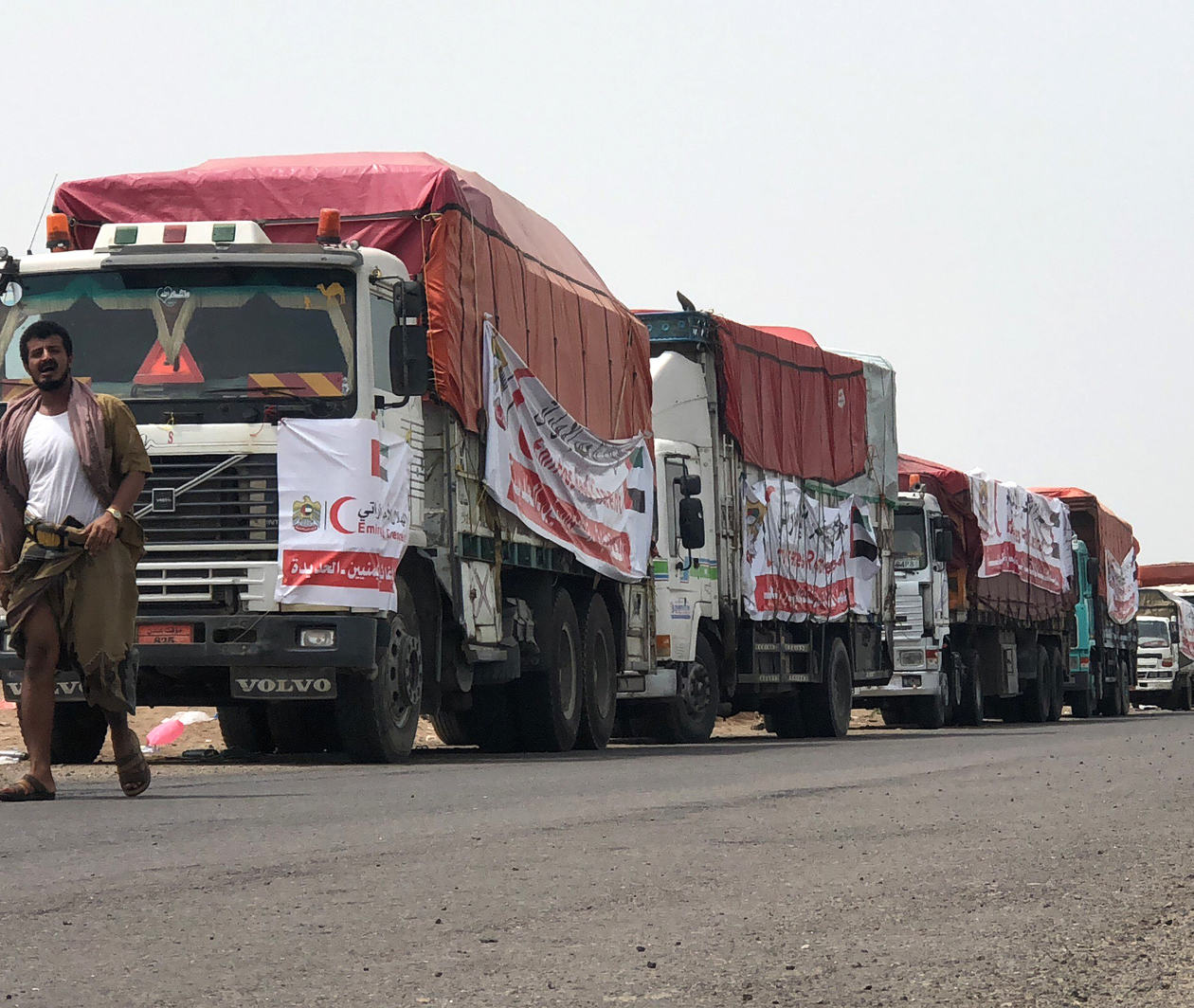
Duration
2 weeksWeekly study
10 hours
Migration, Supply Chain Management and Cash Transfer Programming
Understand the correlation between disasters and displacement
Disasters often result in displacement. Subsequently, genuine and less acceptable forms of population movements may result. Displacement will, in the majority of cases, require home or host state responses as well as humanitarian agency responses, through the provision of shelter and general protection.
What topics will you cover?
- Logistics and supply chains
- Procurement, storage and stock control
- A range of supply chains
- The differences between business supply chains and humanitarian supply chains and their relevance to disaster/emergency/humanitarian response
- Defining quality in disaster supply chains
- Surge capacities, pre-positioning and capacities
- The World Food Programme
- Exploring cash transfer programming and the range of modalities
- The rationale for cash transfer programming over in-kind support
Learning on this course
On every step of the course you can meet other learners, share your ideas and join in with active discussions in the comments.
What will you achieve?
By the end of the course, you‘ll be able to...
- Describe supply chains and their role in emergency/disaster relief
- Explore migration and displacement concepts and theories
- Evaluate trends in population displacement
- Evaluate response strategies and approaches to displacement by states and NGOs
Who is the course for?
This course is aimed people who wish to explore migration and displacement concepts and the response strategies and approaches to displacement.
Please note that the individuals detailed in the ‘Who will you learn with?’ section below, are current staff members and may be subject to change.
Who will you learn with?
Lecturer in International Disaster Relief and Community Reconstruction
Learning on FutureLearn
Your learning, your rules
- Courses are split into weeks, activities, and steps to help you keep track of your learning
- Learn through a mix of bite-sized videos, long- and short-form articles, audio, and practical activities
- Stay motivated by using the Progress page to keep track of your step completion and assessment scores
Join a global classroom
- Experience the power of social learning, and get inspired by an international network of learners
- Share ideas with your peers and course educators on every step of the course
- Join the conversation by reading, @ing, liking, bookmarking, and replying to comments from others
Map your progress
- As you work through the course, use notifications and the Progress page to guide your learning
- Whenever you’re ready, mark each step as complete, you’re in control
Want to know more about learning on FutureLearn? Using FutureLearn
